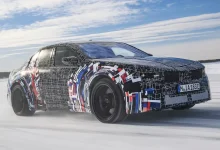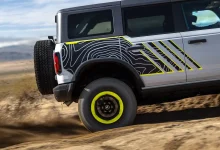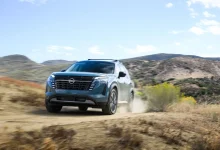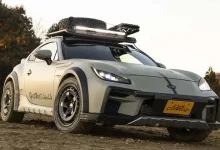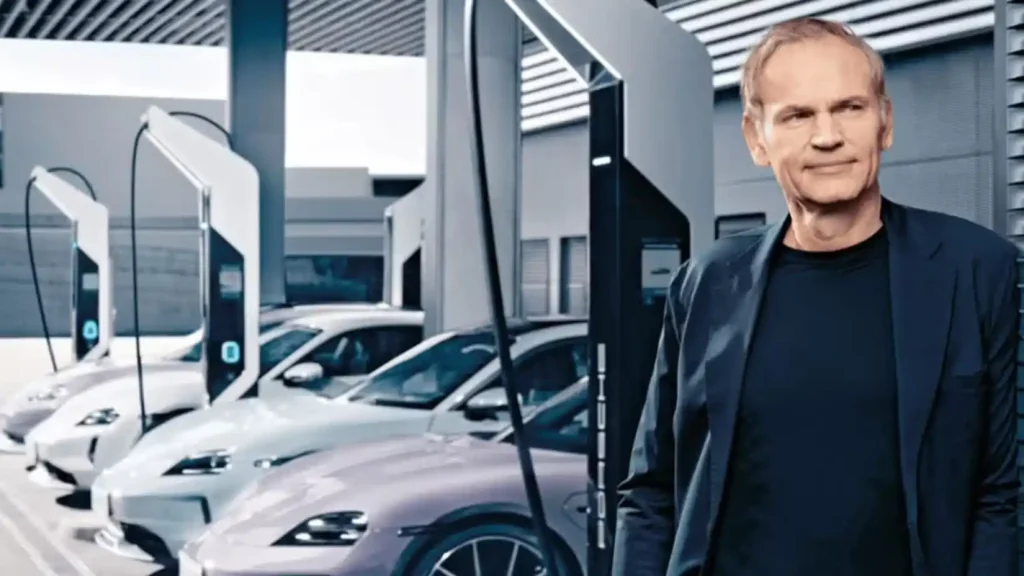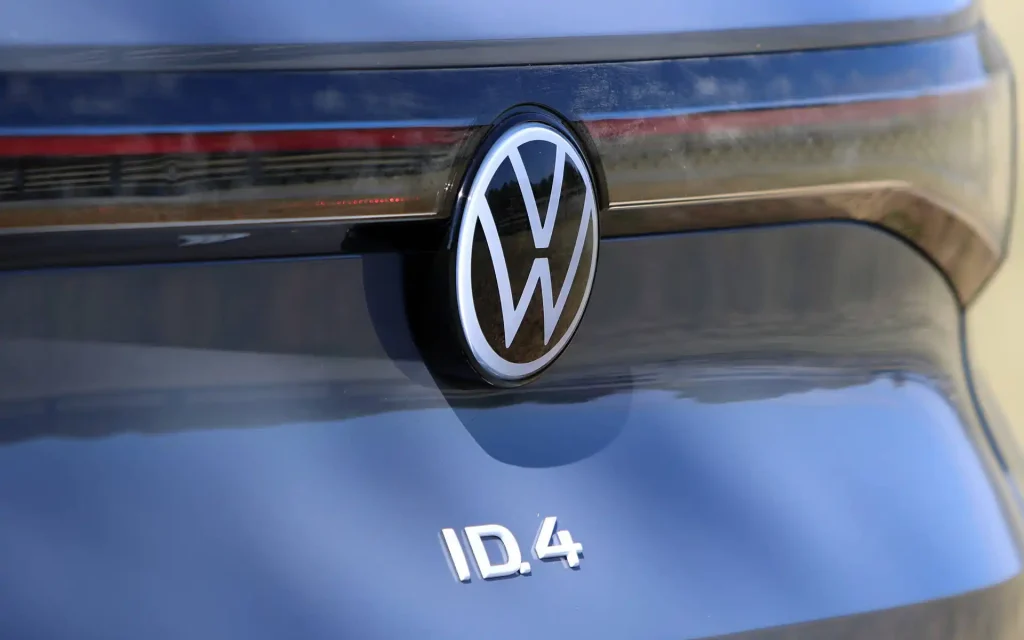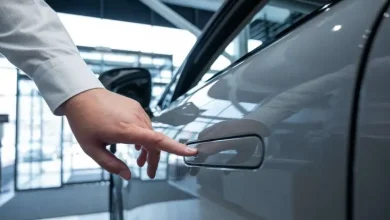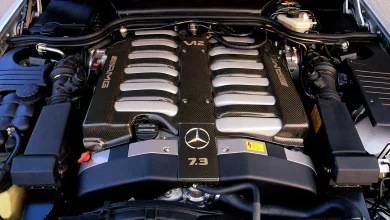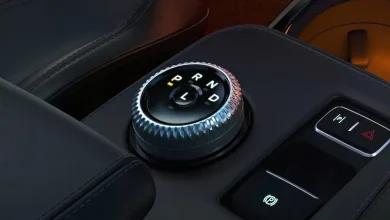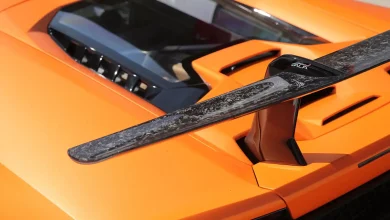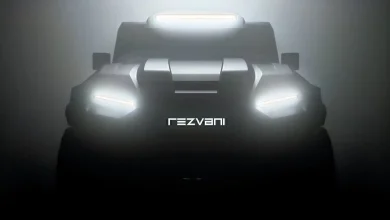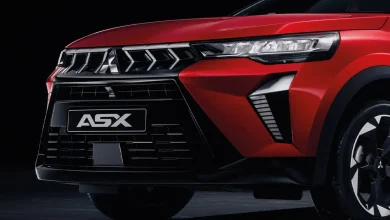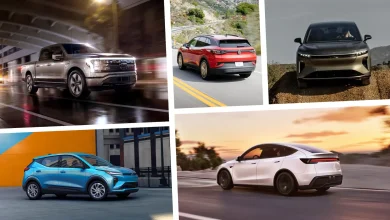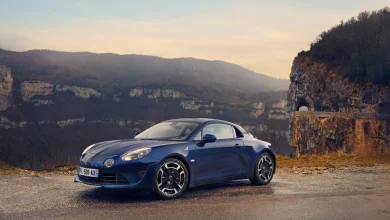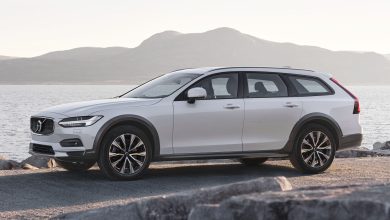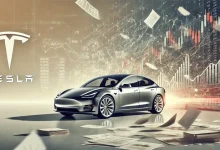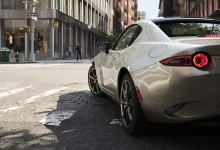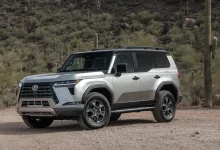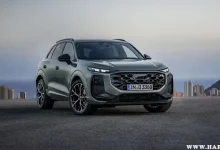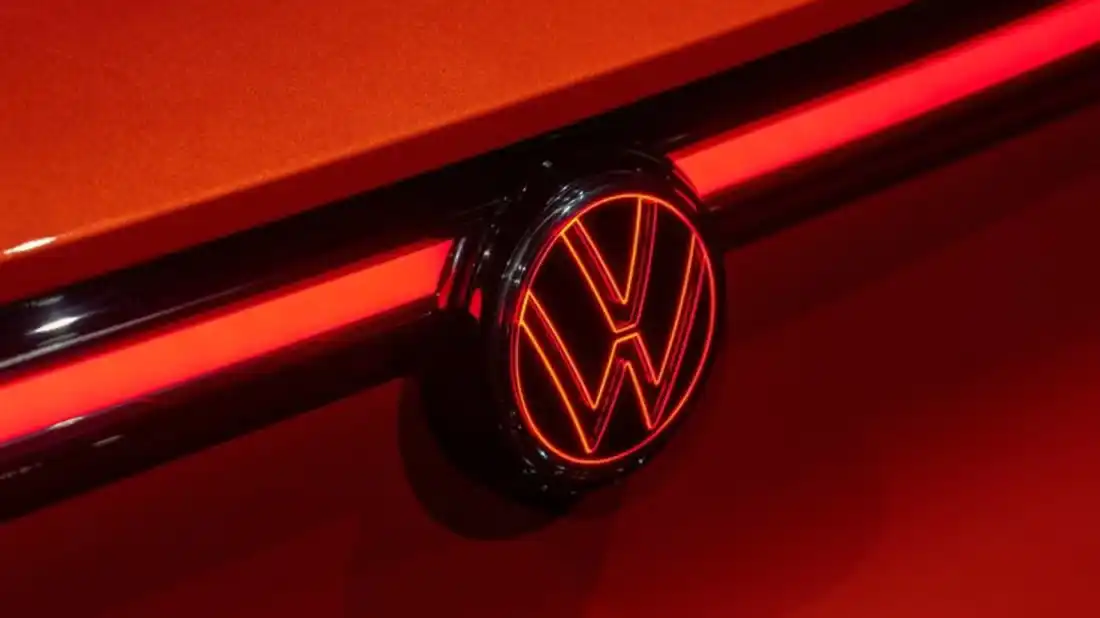
Porsche is facing a difficult period, with demand for its EVs slipping in the U.S., new tariffs raising prices across its lineup, and even declining sports car sales in China. These challenges have led to a staggering 90 percent drop in quarterly profits. Its parent company, Volkswagen Group, is grappling with many of the same global headwinds, adding to the strain. Currently, CEO Oliver Blume oversees both Porsche and Volkswagen, but investors are reportedly losing confidence in this arrangement. According to reports, a leadership shake-up may be on the horizon.
Never Meant to Be Permanent
According to a report from German outlet Wirtschaftswoche (WiWo), insider sources suggest that Oliver Blume plans to step down from his role at Porsche in order to dedicate his attention fully to the Volkswagen Group and its growing list of challenges. Blume assumed the dual CEO position in 2022 following Herbert Diess’s departure from VW, but even then he signaled that the arrangement was unlikely to last long term. Blume has been at the helm of Porsche since 2015, making his potential exit from that role a significant shift for the brand.
Down to Two Final Candidates
Blume is said to be directly involved in the search for his successor, working alongside Volkswagen Supervisory Board Chairman Hans Dieter Pötsch, members of the Porsche and Piëch families, and the company’s works council. If all goes according to plan, a new leadership structure could be revealed later this year and take effect in early 2026.
The timeline is critical, as investors reportedly believe that Blume’s dual role is dragging down Porsche’s stock valuation and that the brand would benefit from dedicated leadership. According to insiders, the choice has already been narrowed to two finalists—one internal and one external—though no names have surfaced so far.
What Lies Ahead for Porsche’s Next Leader?
Volkswagen has already laid out plans for a broad restructuring, and it appears the incoming Porsche chief will be tasked with steering a similar overhaul at the sports car brand. Exactly how each company intends to reposition itself remains uncertain, but the challenges are clear.
For Porsche, the pivot may involve balancing electrification with market demand. The automaker recently confirmed it will develop a next-generation gas or hybrid Macan SUV after lackluster sales of the new Macan EV, which now also faces a luxury tax in China. At the same time, Porsche is pushing forward with its electrification strategy, with development of the all-electric Cayenne already underway—early prototypes were driven just this month.
However, Porsche’s roadmap is already facing setbacks. The brand’s larger three-row electric SUV—once seen as a key addition to its lineup—has reportedly been pushed back to 2029. At the same time, loyal enthusiasts are voicing frustration over the looming discontinuation of the beloved Boxster and Cayman sports cars. Their all-electric successors, initially expected sooner, are now said to be delayed as well, with battery development challenges slowing the timeline.
On the Volkswagen side, the automaker has already begun outsourcing some of its development programs, most notably software, with additional partnerships—possibly including Rivian—under consideration. At the same time, VW appears to be doubling down on performance to keep enthusiasts engaged. Reports suggest a new hardcore version of the current Golf R is in the works, and in a surprising twist, it’s expected to feature Audi’s potent 2.5-liter inline five-cylinder engine.
Volkswagen is also aiming to accelerate the rollout of hybrid SUVs in the U.S., a move that could help bolster sales. Its ID.4 electric SUV continues to perform reasonably well, though it is now facing a class-action lawsuit over steering control issues. The ID. Buzz, meanwhile, is struggling to gain traction, and Volkswagen has officially canceled plans for the ID.7 sedan in the U.S., suggesting that additional EV launches for the American market may be limited in the near term.
